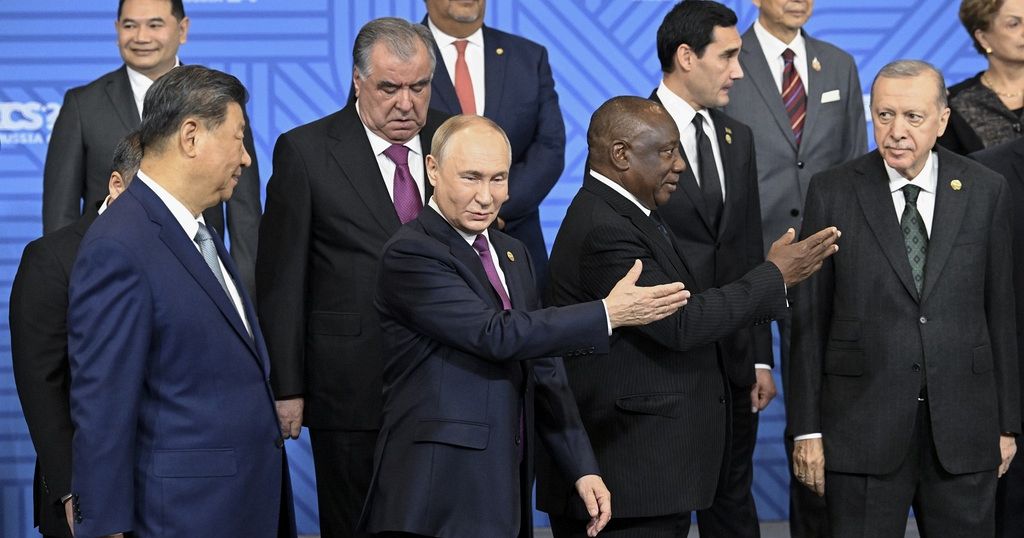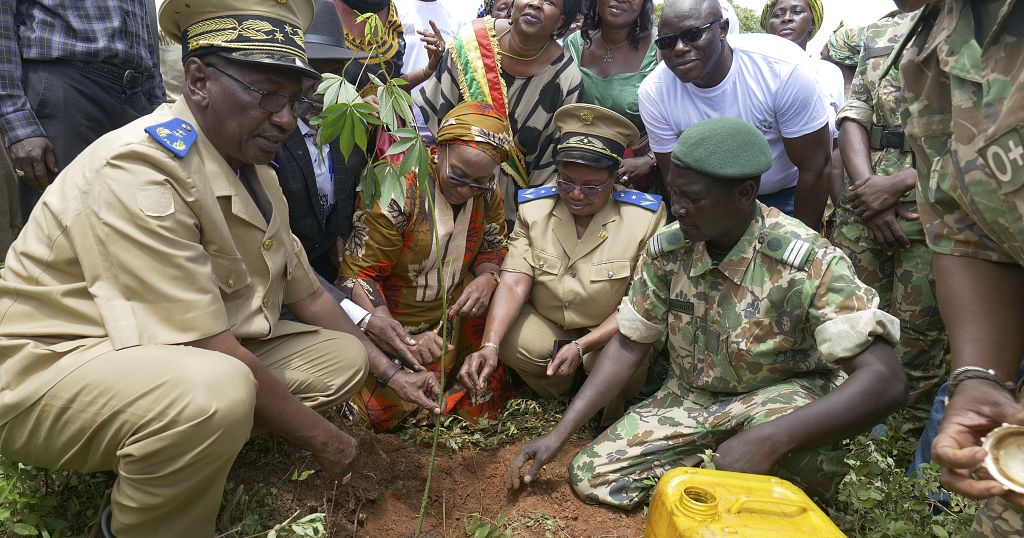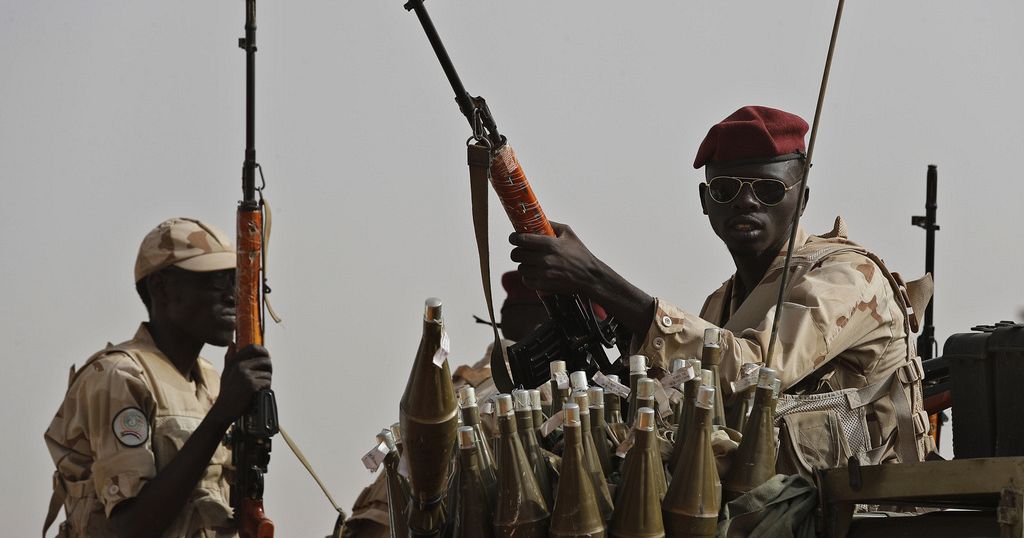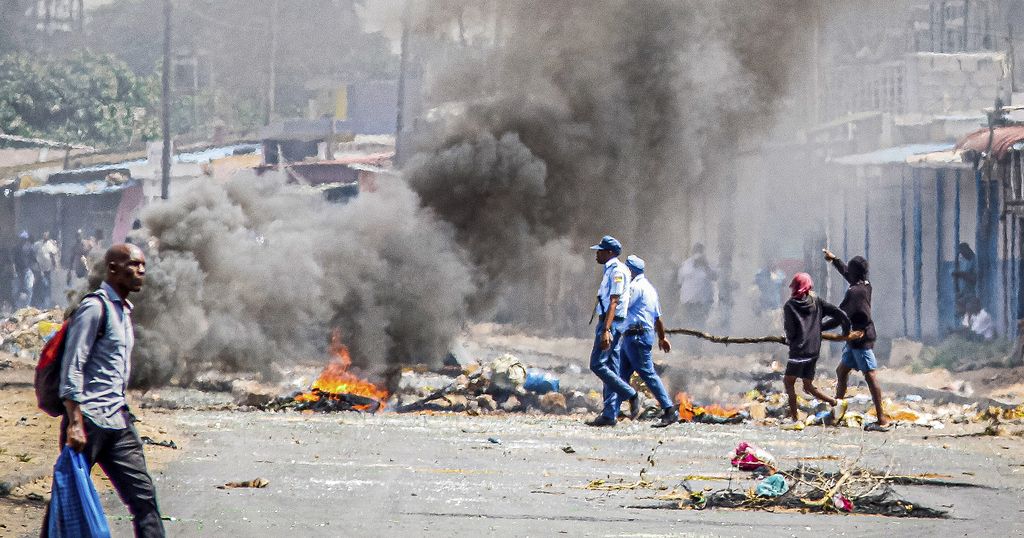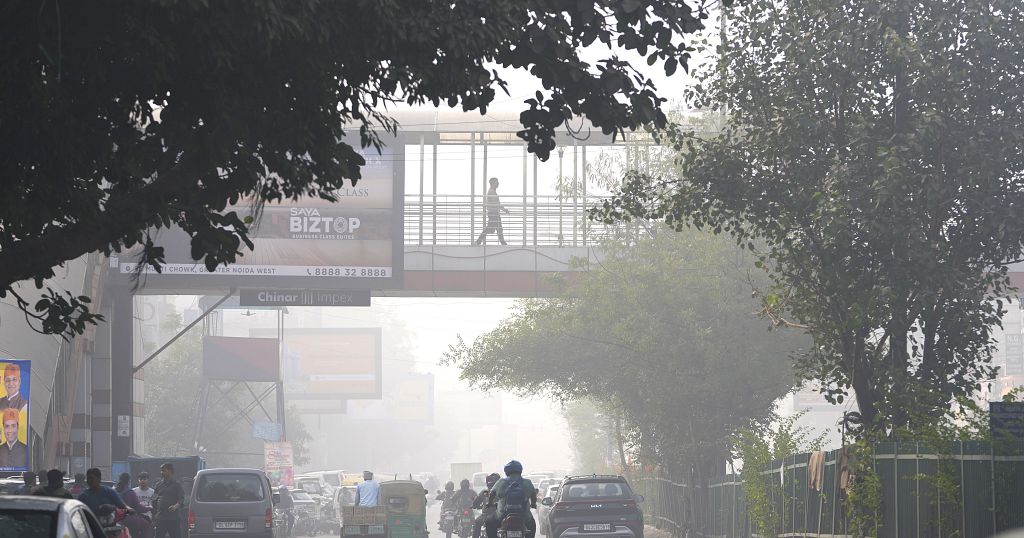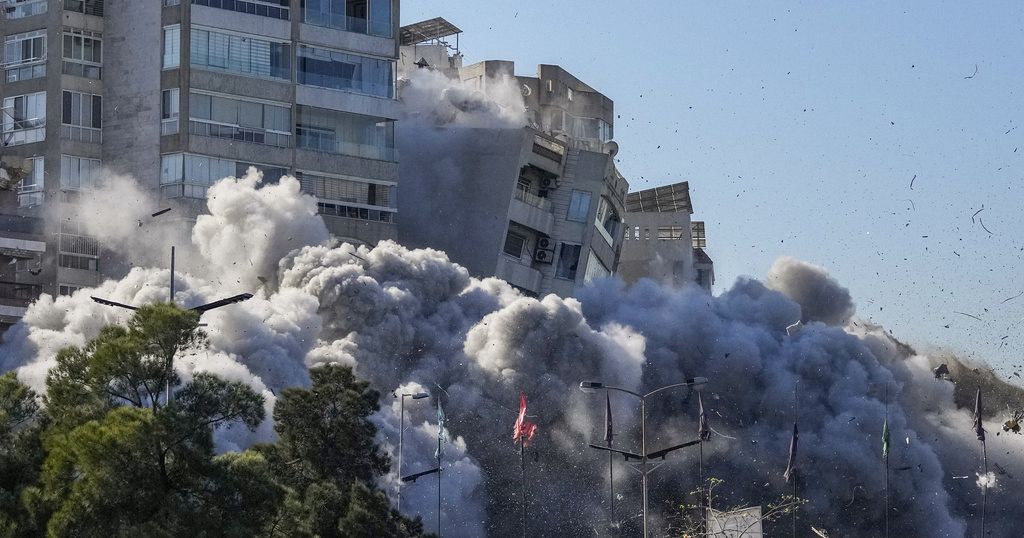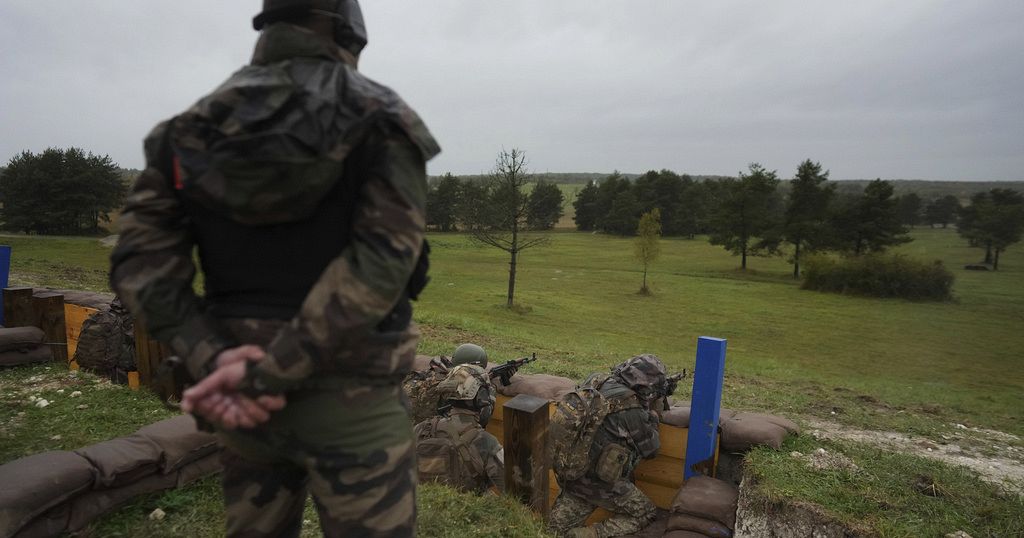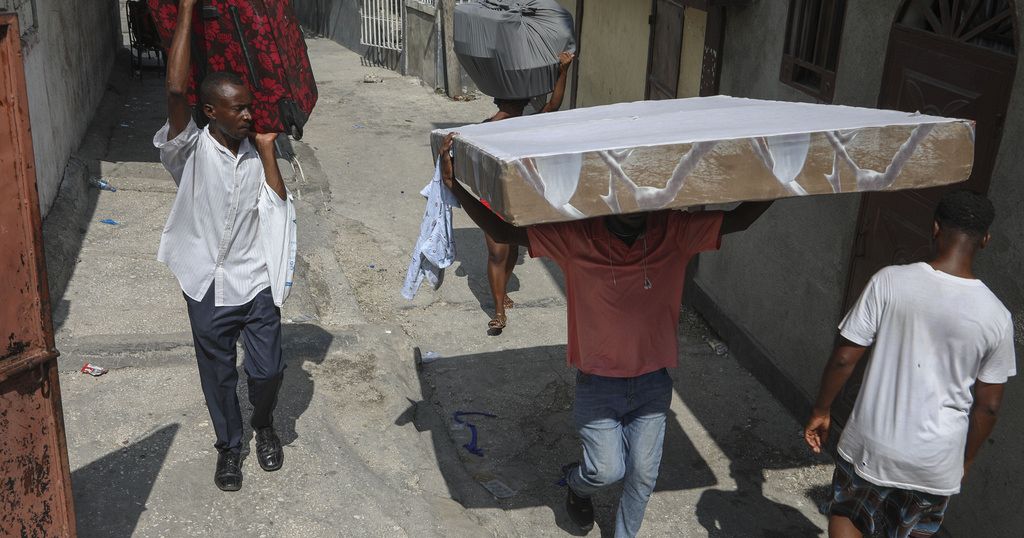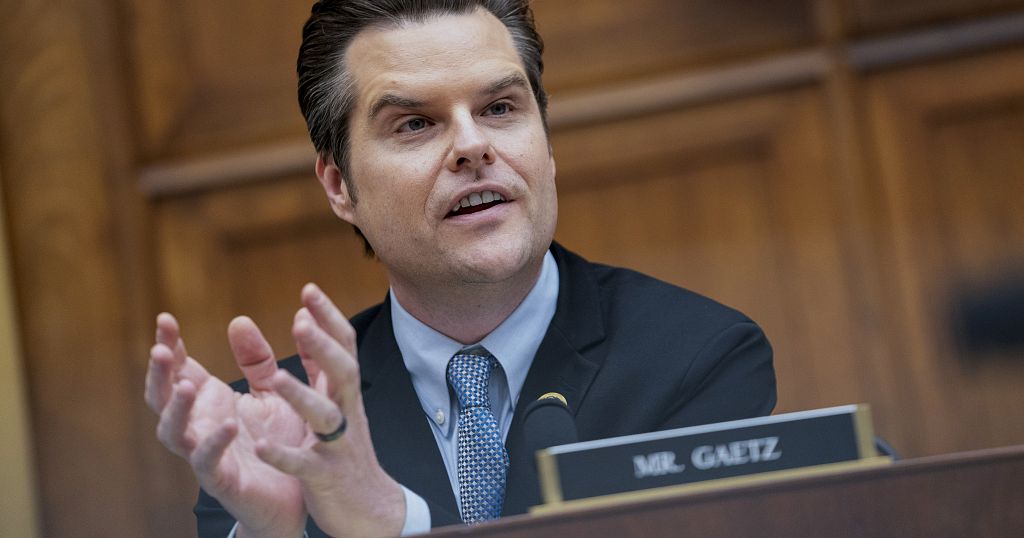Niger: “content” of transition “agreed” before ECOWAS opinion
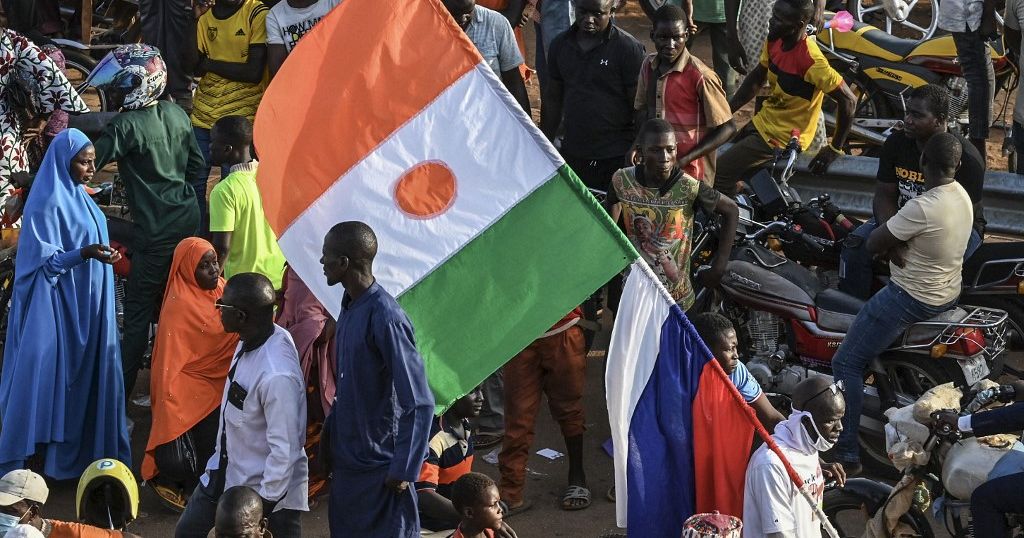
The Togolese Minister of Foreign Affairs in mediation in Niamey affirmed Thursday to have “agreed on the content” and “timing of the transition” in Niger with the Prime Minister of this country led by a military regime since a coup d’état, before the notice of other West African countries.
The head of Togolese diplomacy, Robert Dussey, said on Nigerien national television Télé Sahel having “worked and agreed on the content and timing of the transition” with “the Prime Minister”, Ali Mahaman Lamine Zeine, and “the Minister of Foreign Affairs” Nigeriens, Bakary Yaou Sangaré.
“We will already present to the heads of state mediators and to the ECOWAS Commission (Economic Community of West African States) this content (…) agreed together”, he added.
According to Télé Sahel, Mr. Dussey will return to Niamey in January with his counterpart from Sierra Leone, Timothy Kabba. Mr. Kabba was to be present during this mediation, said Mr. Dussey, but”a constraint prevented him from making the trip” in Niamey.
Sunday, ECOWAS meeting at a summit in Abuja opened the way to a reduction of its sanctions against Niger, conditioning it to a “short transition” before a return of civilians to power.
During this summit, it was decided that a committee composed of the presidents of Benin, Togo, and Sierra Leone would negotiate with the Nigerien military regime the commitments to be implemented, before a possible relaxation of the sanctions taken by the regional organization shortly after the July 26 coup.
In August, the head of the military regime, General Abdourahamane Tiani, declared that the duration of the transition would not exceed three years and would be set by “an inclusive national dialogue”.
Moreover, ECOWAS declared Thursday that Niger is now “suspended from all decision-making bodies” of the organization, “until the restoration of constitutional order in the country”.
It justifies this decision by recognizing that the deposed president Mohamed Bazoum, “whose members government were empowered to represent Niger at statutory meetings”, was effectively overthrown by a military coup”.
Source: Africanews


